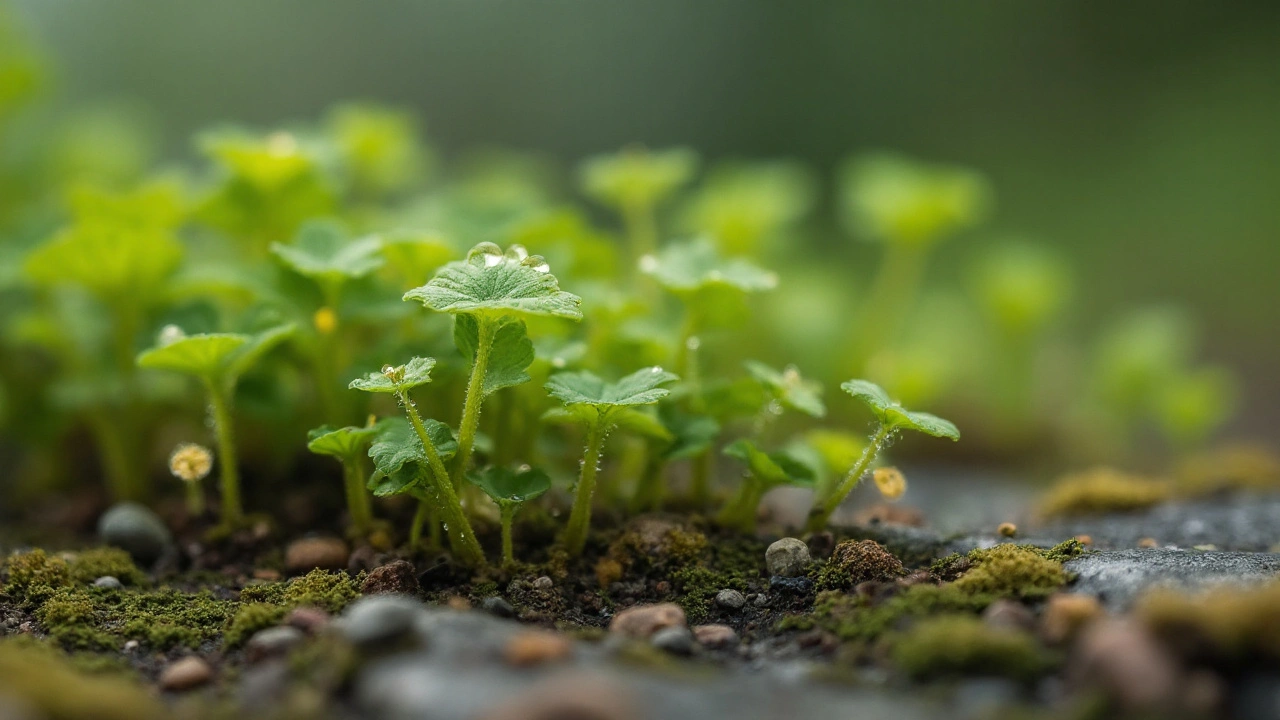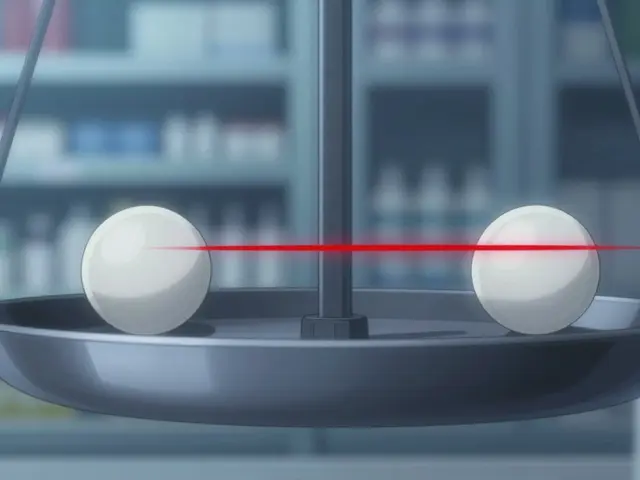Urinary Health: Simple Tips to Keep Your Bladder and Kidneys Happy
Every day your body filters waste, balances fluids, and gets rid of extra water. If any part of that system feels off—like frequent trips to the bathroom, burning, or a nagging pressure—you’ll notice it fast. The good news is that most urinary issues can be eased with a few easy habits and a little knowledge.
Common Urinary Problems and When to See a Doctor
Urinary tract infections (UTIs) are the classic example: sudden urge, burning when you pee, and cloudy urine. If you get these symptoms, drinking plenty of water and taking an over‑the‑counter pain reliever can help for a day, but a short course of antibiotics is usually needed. Don’t wait more than 48 hours—delays can let the infection spread to the kidneys.
Another frequent complaint is overactive bladder. This feels like you have to go every hour, even at night. Often it’s linked to caffeine, stress, or a weak pelvic floor. Simple pelvic‑floor exercises (think “Kegels”) done daily for a few weeks can reduce urgency and leakage.
Kidney stones are less common but painful. Small stones often pass on their own if you stay well‑hydrated (aim for at least 2‑3 liters of water a day). Larger stones may need a doctor’s help—shock wave therapy or even a brief procedure.
Lifestyle Habits That Support a Healthy Urinary System
Hydration is the cornerstone. Your urine should be light yellow; if it’s dark, you’re not drinking enough. Water helps flush bacteria and keeps the urinary tract clear.
Watch your diet. Too much salt can increase calcium in the urine, raising stone risk. Limit sugary drinks and excess protein if you’re prone to stones. Cranberry juice (unsweetened) can help prevent UTIs by stopping bacteria from sticking to the bladder wall.
Regular bathroom breaks matter. Holding urine for long periods can stretch the bladder and make infections more likely. Try to go every 3–4 hours, and don’t ignore the urge.
Maintain a healthy weight. Extra belly fat puts pressure on the bladder and pelvic floor, leading to leakage or urgency. A balanced diet and moderate exercise keep that pressure down.
If you’re a woman, wiping front‑to‑back after using the toilet reduces the chance of bacteria moving toward the urethra. For men, emptying the prostate (if enlarged) may need medical treatment, but staying active and eating a fiber‑rich diet helps keep bowel movements regular, which eases pressure on the urinary tract.
Lastly, keep an eye on any new symptoms—blood in urine, persistent pain, or a sudden change in flow. Those signs often mean it’s time for a check‑up.
Sticking to these simple steps can make a big difference. Your urinary system works hard for you; a little attention goes a long way toward keeping it running smoothly.

Parsley Piert Supplement: Benefits, Safe Use, and UK Buying Guide (2025)
Curious about Parsley Piert? Learn what it can and can’t do, how to use it safely, who should avoid it, and how to pick a quality UK product in 2025.
Continue Reading



